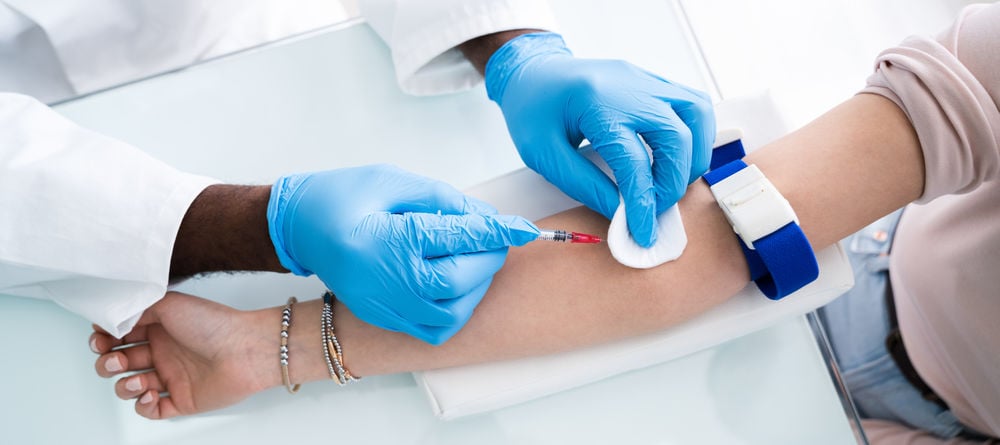How to Become a Phlebotomist in Maryland (2025)

If you're looking for a fast track to a stable healthcare career in Maryland without the time and expense of a degree, becoming a Phlebotomist is an excellent choice. The state employs over 2,600 of these essential professionals who earn a median salary of $48,970 per year—significantly higher than the national average—according to the U.S. Bureau of Labor Statistics. This guide breaks down the simple steps to get trained, certified, and hired in Maryland's thriving medical field in just a few months.
How Long Does It Take to Become a Phlebotomist?
It's very fast. Most training programs in Maryland take between 4 weeks and 4 months to complete. Once you finish your course, you can take your certification exam immediately and start applying for jobs.
What About Licensing in Maryland?
Maryland does not require a state license for phlebotomists. The profession is unregulated at the state level. However, the job market is self-regulated, meaning virtually all reputable employers (hospitals, major labs) will require you to have a national certification from an agency like the NHA, ASCP, or AMT to get hired.
Where can I find Phlebotomy classes in Maryland?
Dreambound is an excellent resource for finding phlebotomy classes near you. Their user-friendly platform lets you search and compare training programs by location, cost, and schedule. Dreambound hosts information on affordable options, including financial aid and payment plans for those who qualify.
Dreambound programs cover over 70 fields, ensuring options that fit a variety of career goals. You can even find online or hybrid classes, making it easier to learn while managing other commitments.
Check out Dreambound to find the best class for your needs and take the first step toward your healthcare career.
Career Paths and Opportunities After Phlebotomy
A career as a Phlebotomist offers stability and growth:
- Lead Phlebotomist: Supervise other phlebotomists and manage the workflow of a lab or patient service center.
- Mobile Phlebotomist: Travel to patients' homes or nursing facilities to perform draws, offering more independence.
- Donor Phlebotomy Specialist: Work specifically in blood donation centers.
- Medical Lab Technician: With further education (usually an associate degree), you can advance to running the actual tests on the samples you collect.
How Much Do Phlebotomists Make in Maryland?
According to the latest U.S. Bureau of Labor Statistics data from May 2024, the median salary for a Phlebotomist in Maryland is $48,970 per year, which is about $23.55 per hour. This is significantly higher than the national median, reflecting the high demand and cost of living in the area.
Frequently Asked Questions
How long does it take to become a Phlebotomist in Maryland?
Phlebotomy training programs usually take 4 to 8 weeks to complete. Add a few weeks for certification, and you could begin your career in just 2–3 months.
Does Maryland require phlebotomy certification?
While not legally required, most employers prefer or mandate certification, such as the Certified Phlebotomy Technician (CPT) credential.
How much does it cost to become a phlebotomist?
Training classes typically cost between $1,500 and $3,000, with many offering payment plans.
What is the job outlook for phlebotomists?
The field is projected to grow by 8% through 2033, creating a reliable and promising career path.
Final Thoughts
Becoming a phlebotomist in Maryland can be a rewarding career path, as you'll play a vital role in the healthcare system. With the right training, certification, and job search strategies, you can start your journey towards a fulfilling career as a phlebotomist.
If this article isn't quite hitting the mark for you, why not give these other articles a try:

Athena is Co-founder and CEO of Dreambound.



